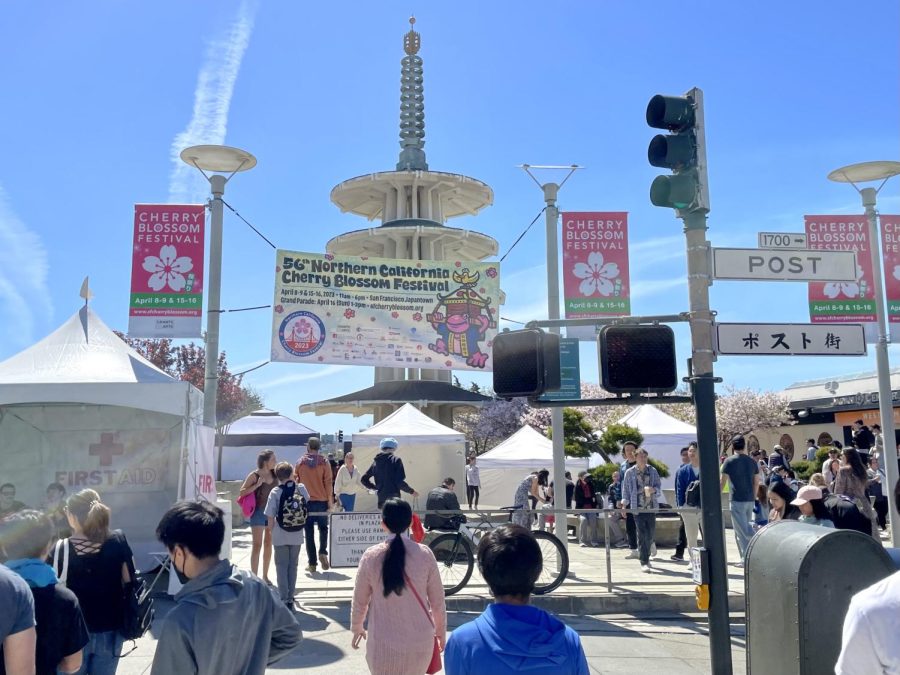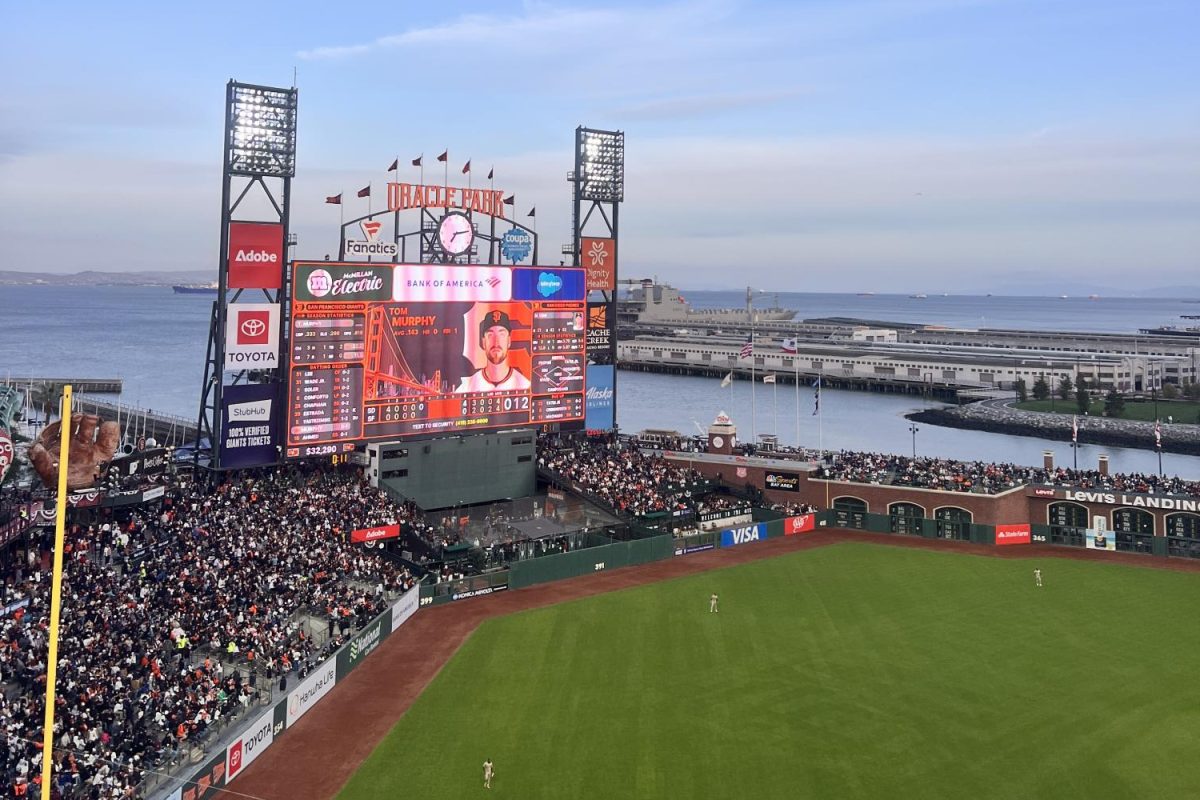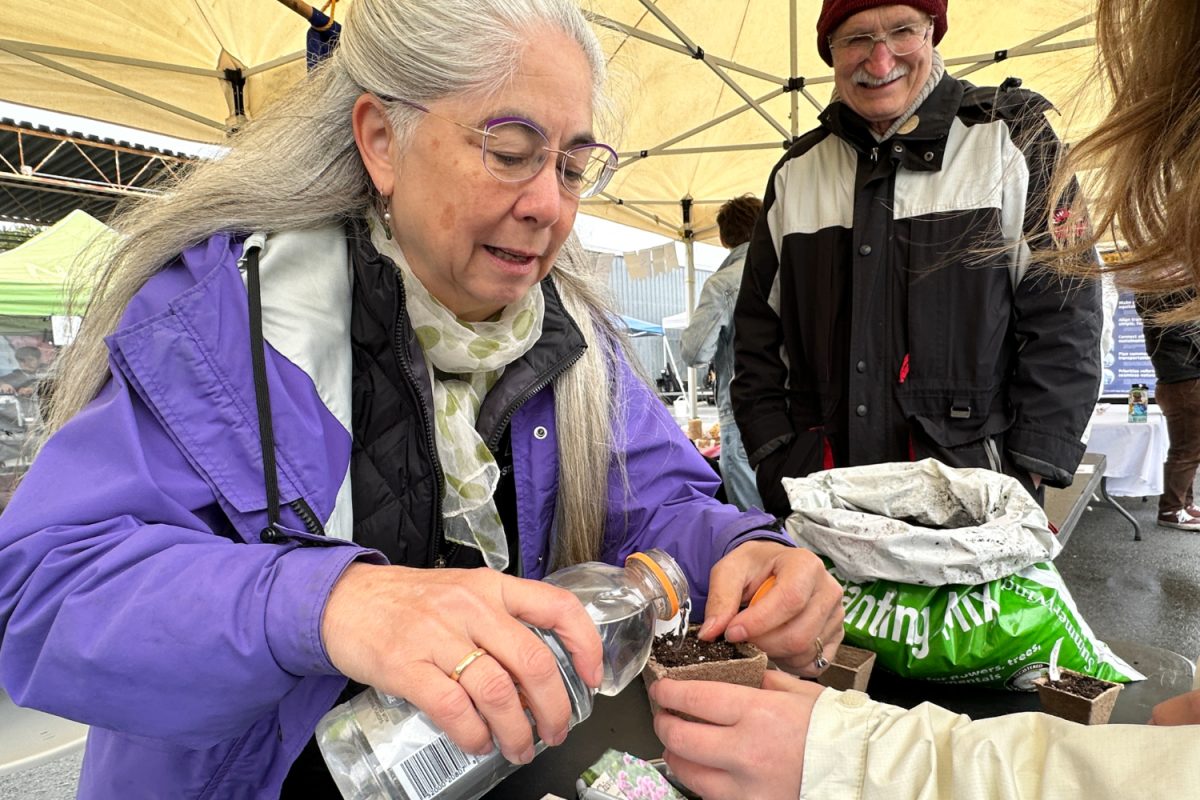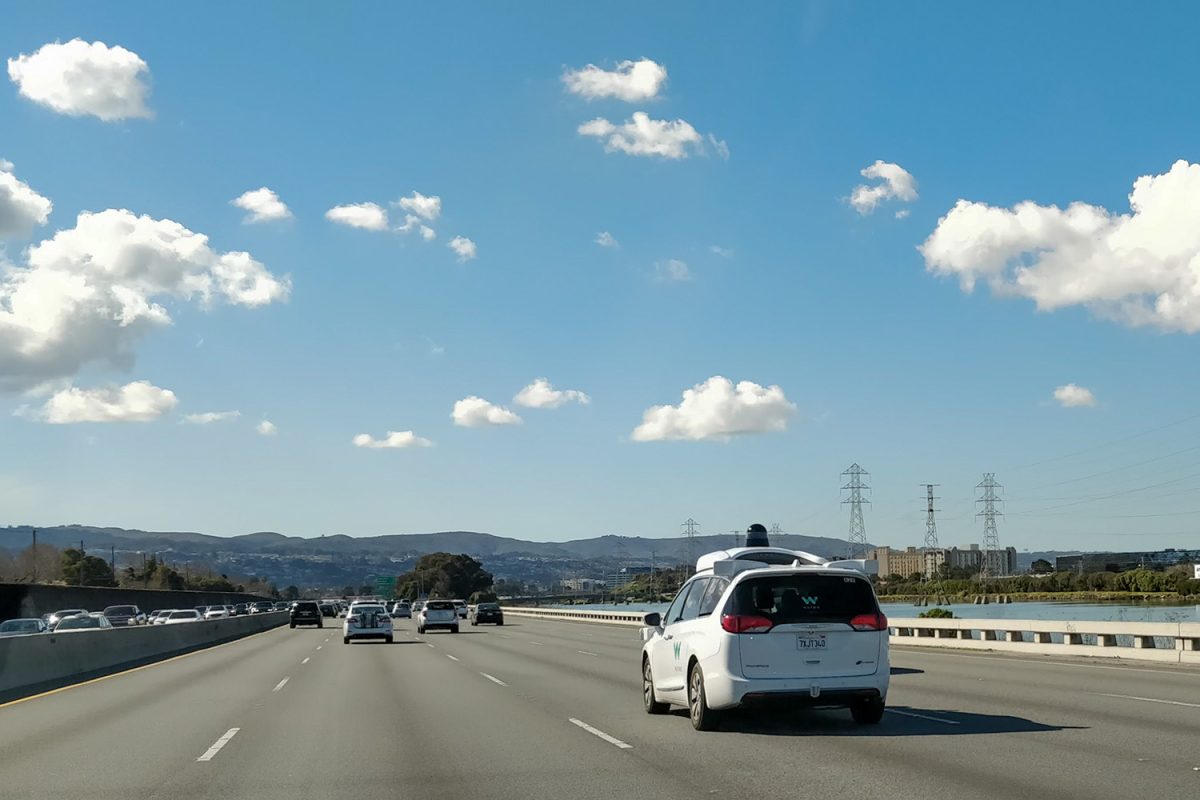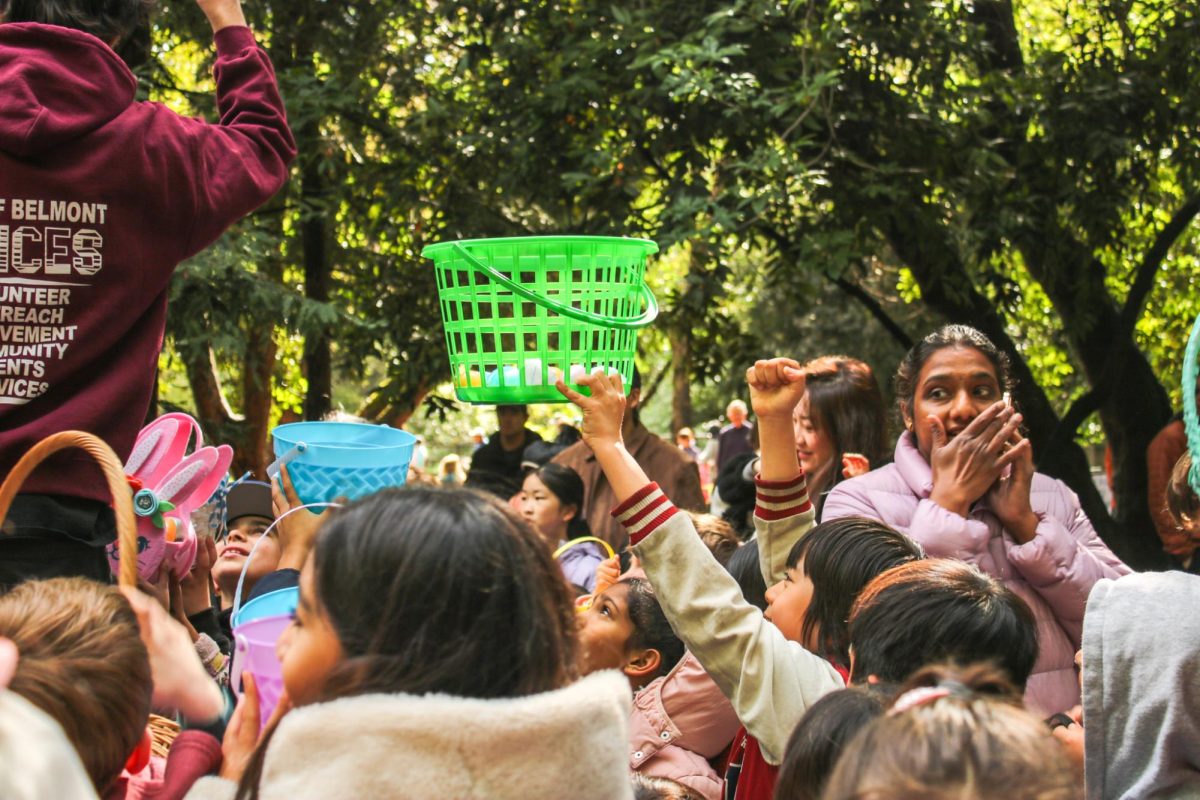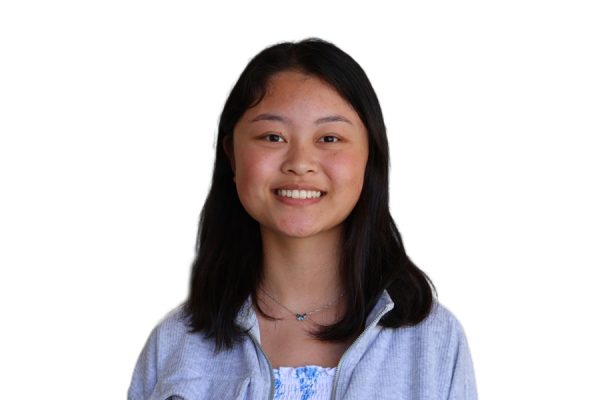Over 220,000 people strolled through the busy streets of San Francisco’s Japantown as the Northern California Cherry Blossom Festival commenced its 56th annual celebration.
According to the festival’s official website, the festival began with a group of Japanese and Japanese American community leaders and businesses who organized and held the first cherry blossom festival in 1968.
As the years went on, subsequent organizers, such as Executive Committee Secretary, Yuki Nishimura, maintained it to preserve the historical meaning to the Japanese and Japanese American community.
“During World War II, the Japanese American communities were taken away from their homes. We had a long struggle trying to reclaim our land—Japantown used to be many more blocks than we have currently. That is where a lot of it began,” Nishimura said.
Nowadays, a group of volunteers organizes the festival and run it for two weekends each year. These festivities include cultural performances at the Webster Street Stage, the Grand Parade, food booths, the arts and crafts fair, and more.
“This festival is one of the ways we have grown as a community to reclaim our identity through a cultural celebration. It’s a big festival for us and one of the biggest outside of Japan. We’ve even had the mayor and senators come out for the parade. I think it has a lot of cultural significance to us because it’s how we celebrate the coming of spring and our own identity,” Nishimura said.
Although Japan also celebrates the festival, it differs from those in the United States. According to Nishimura, in Japan, the festival is primarily centered around Hanami, the act of viewing the cherry blossom trees. People will gather with their friends and spread out picnic style to look at the blossoming trees. Meanwhile, the Northern California Cherry Blossom Festival focuses on Japanese American and Japanese celebrations.
“A lot of it is about having the cultural side, which includes shodo, tea ceremonies, washi ningyo, and lots of different cultural elements that you can go see,” Nishimura said.
However, the Northern California Cherry Blossom Festival is more than a cultural celebration. The festival also assists with essential issues like diversity, equity, and inclusion (DEI) and the rise in hate that the Asian American Pacific Islander (AAPI) community has received following the COVID-19 pandemic.
Nishimura, in particular, struggled during the rampant negativity towards AAPI communities. She grappled with her identity in this country but eventually felt reaffirmed through the festival.
In turn, she hopes that the festival will similarly help others.
“The festival is a place where we can belong, and that’s not just Japanese or Japanese Americans. We want everybody to feel like they belong. This is where we have seen American history at one of its worst, yet we’re coming out strong. Personally, it’s my way of showing that we are a vibrant community. This is a place to celebrate, to know that you belong, and that you have every right to celebrate your identity. That’s what I want people to take away,” Nishimura said.
As society has become more global and the Bay Area has become more diverse, the topic of DEI has become more critical. DEI leaders like Brigitte Shearer, Director of Parks and Recreation for Belmont, have tried to incorporate its principles into their communities.
“In general, DEI stands for diversity, equity, and inclusion. However, I look at it as diversity celebrating the differences among all of us. Equity is ensuring that all of us, with our differences, have an equal opportunity to succeed and thrive. And then inclusion is making sure that everyone feels welcome,” Shearer said.
Shearer also shared insight into how DEI relates to AAPI hate and why DEI is so essential.
“I think we need to do everything we can to raise awareness, celebrate our differences, and find a way to come together despite our differences. It encourages us to think of ourselves as a diverse community, find the areas where we have common ground across cultures, and understand that we are all valued and important human beings regardless of where we came from,” Shearer said.
Shearer also shared her thoughts on how cultural festivals, like the Northern California Cherry Blossom Festival, can help with these issues. She believes these celebrations can highlight traditions and cultures, making them more approachable and educational to the rest of the community. Furthermore, these events are often held in public areas and are free to attend, which allows everyone to participate.
“That’s part of the inclusivity. It’s an event, not just for a particular culture. It’s an event presented by a particular culture or ethnic group almost as a gift to the community. Saying, ‘Here’s who we are. Look at these beautiful things that we have, these traditions, these dances, and this music. Here it is, open for you to learn, experience, and participate in.’ That’s beautiful,” Shearer said.
Students at Carlmont have also shared the sentiments expressed by Shearer. Asian American Allies Club, a cultural club that allows its members to explore lesser-known and underappreciated countries through presentations and food, meets in C4 every last Friday of the month. Members such as junior, Yura Park, express the importance of cultural festivals and how they can create change peacefully and openly.
“I think festivals like Cherry Blossom Festivals are significant in terms of helping with the DEI and AAPI issues because, through lively and spirited festivals, people can get a new perspective on the culture. I like the idea of using enthusiastic and energetic methods to indirectly fight DEI or AAPI hate compared to more direct or possibly even violent methods against these issues,” Park said.
Park also mentioned how she believes that learning about cultures through festivals instead of textbooks or videos is incredibly important as it allows people to experience the culture instead of reading about it. Her beliefs can be exemplified through her experience with the San Francisco Chinese New Year festival.
“I went to the Chinese New Year festival last year with my friends. I loved the cultural accessories and items they had and the parades and the shows put on to represent Chinese culture. Overall, it was a thrilling experience,” Park said.
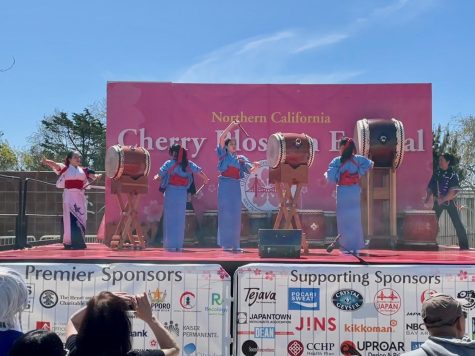
Despite the significant success of the festival, Nishimura and her fellow organizers set even higher goals for the festival to achieve its vision of education and DEI for all unique communities in the Bay Area.
“We’re very intentional in ensuring the space is very inclusive. Whether that be through small things like the application process, we make sure that each of the vendors aligns with our mission, which is not only to help promote and spread the culture of Japanese and Japanese American culture but also of all those who are within San Francisco and Northern California,” Nishimura said.
Furthermore, as the festival organizers face concerns about the scale and costs associated with their expansion plans, Nishimura cites the importance of expansion for the festival and the community built around Japantown.
“We’re going to come back strong. It is significant because it shows how far we’ve come and that COVID didn’t bring us down. It almost did and Japantown was at risk of losing a lot of businesses, but this is our way to say, ‘No, we’re still strong, we’re still here,” Nishimura said.

